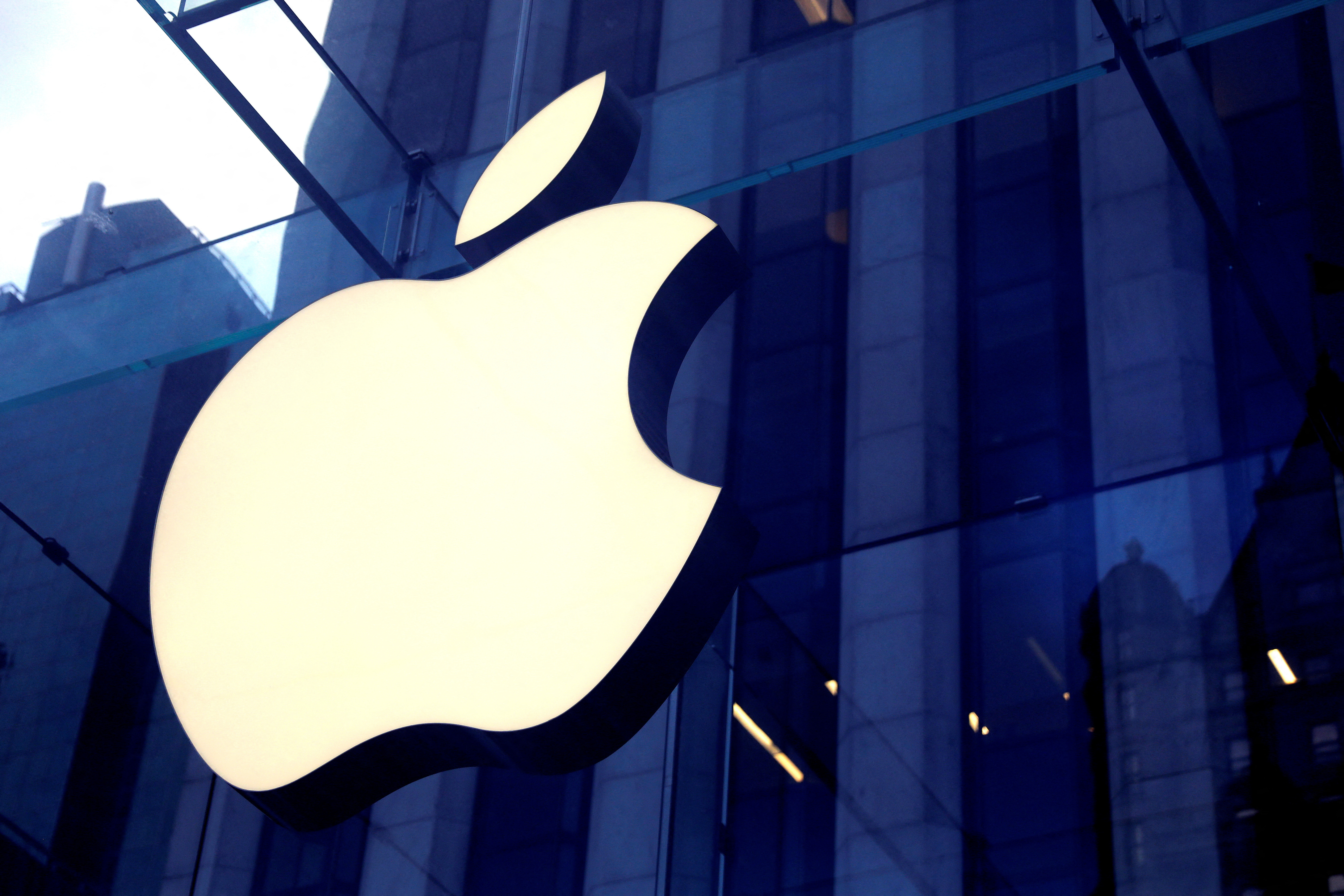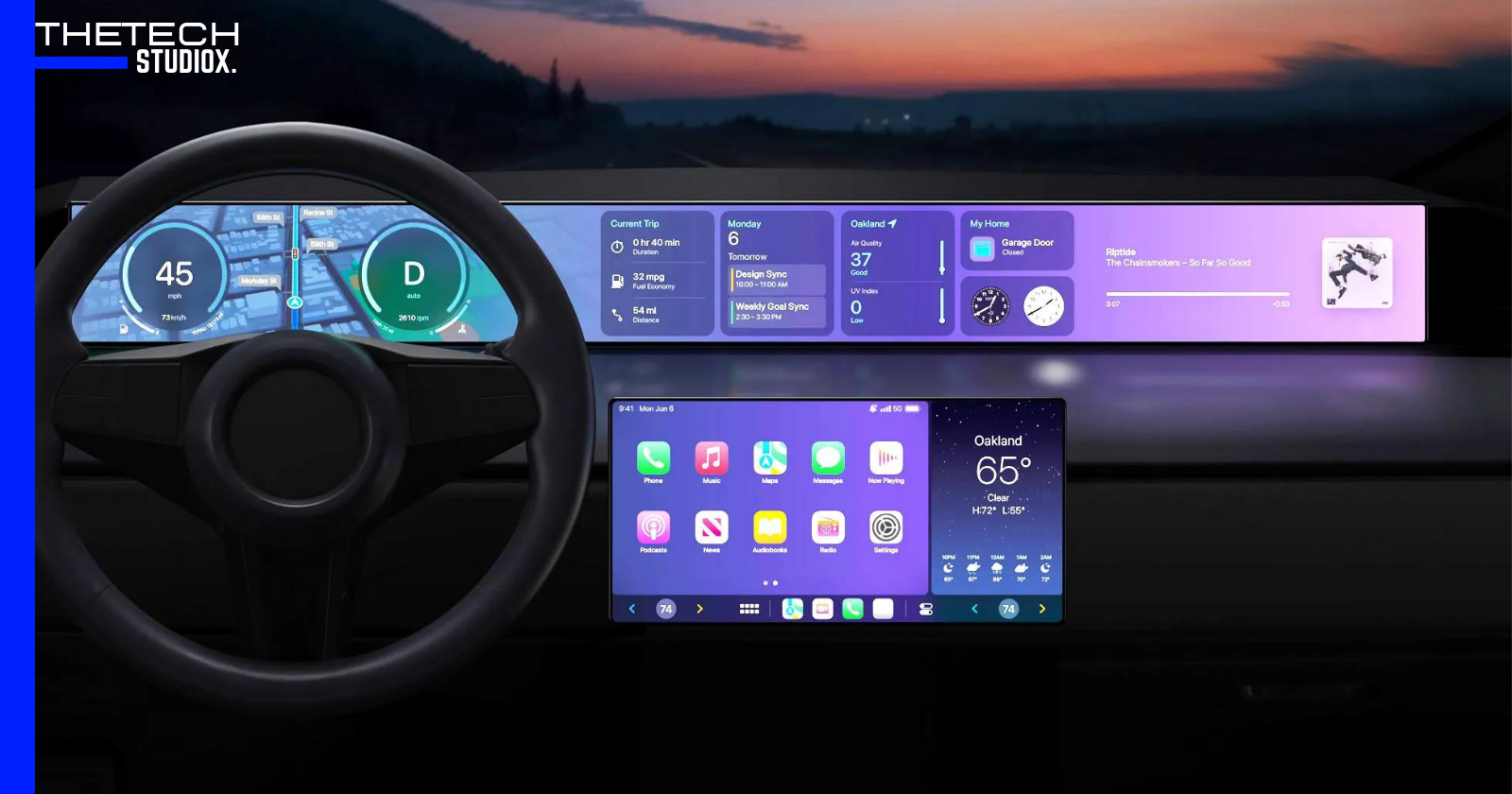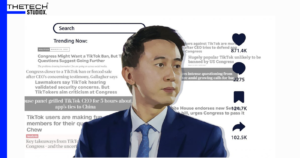Table of Contents
Apple Cancels Car Project
In a surprising move, Apple has officially terminated its much-anticipated electric car project, internally known as “Project Titan.” This marks the end of a decade-long endeavor that aimed to position Apple as a major player in the electric vehicle (EV) industry, potentially competing with industry giants like Tesla and Rivian.
The Project Titan’s Demise
The much-anticipated moment arrived when Apple’s Chief Operating Officer, Jeff Williams, and Vice President Kevin Lynch stepped forward to unveil the unexpected demise of Project Titan. The atmosphere within Apple’s vast ecosystem was one of surprise and disbelief as the curtains fell on a venture that had been in the making for a decade.
This revelation marked a significant turning point, not just for the company but for the nearly 2,000 employees who had poured their energy and expertise into Project Titan. The announcement sent ripples through the corridors of Apple, as the ambitious dream of creating a groundbreaking electric vehicle dissolved before their eyes.
The unveiling of Project Titan’s demise was not merely a corporate decision communicated through press releases and memos. Instead, it was a moment of profound realization for those directly involved. The faces of the employees, who had dedicated countless hours to shaping the future of Apple’s presence in the automotive industry, reflected a mixture of disappointment and curiosity about the company’s strategic pivot.
This unexpected turn of events sparked discussions within and beyond Apple’s walls, leaving industry experts, enthusiasts, and the general public puzzled. The demise of Project Titan unveiled not only the challenges faced by the project but also the dynamic nature of Apple’s approach to innovation. It was a moment that underscored the complexity of navigating uncharted territories, even for a tech giant renowned for pushing boundaries.

Leadership Changes and Strategic Challenges
Project Titan, one of Apple’s most ambitious projects, sought to create a fully autonomous electric vehicle with cutting-edge features. However, the project faced numerous challenges, including leadership changes and strategic shifts over the years. Despite substantial investments and the recruitment of automotive talent, Project Titan struggled to align with Apple’s core business of electronics and online services.
A Pivotal Moment: Shift Towards Generative AI
In the wake of the surprising termination of Project Titan, Apple found itself at a pivotal moment, presenting a strategic shift that would redefine the company’s trajectory – a shift towards Generative Artificial Intelligence (AI). This move reflects not just a change in direction but a commitment to staying at the forefront of technological innovation.
The decision to redirect the focus of many employees from the electric car project to generative AI projects within the company was not just about abandoning one venture; it was about embracing the future of artificial intelligence. Generative AI, a rapidly evolving field, represents the next frontier in technological advancement, and Apple’s pivot towards it signifies a keen understanding of the transformative potential this technology holds.
Generative AI involves machines learning and creating on their own, fostering a level of autonomy and creativity that aligns with Apple’s ethos of pushing boundaries. This strategic shift acknowledges the growing importance of AI in shaping the future of technology and its applications across various industries.

The Electric Vehicle Industry Landscape
The decision by Apple to terminate Project Titan comes against the backdrop of a dynamic and evolving electric vehicle (EV) industry landscape. Understanding the broader context is crucial to comprehend the factors influencing not just Apple’s decision but also the overall trajectory of electric mobility.
A Slowdown in the EV Industry
In recent times, the electric vehicle industry has experienced a noticeable slowdown. Major players in the market, including Tesla, Ford, and General Motors, have either paused or scaled back their ambitious expansion plans. This strategic pause is attributed to a combination of factors, including flagging demand and the impact of high-interest rates on the industry’s growth.
Shifting Consumer Demand
One key aspect influencing the electric vehicle landscape is the shifting dynamics of consumer demand. While there is a growing interest in sustainable and eco-friendly transportation, external factors such as economic uncertainties and fluctuating fuel prices play a pivotal role in shaping consumer preferences. The current landscape suggests a need for the industry to recalibrate its strategies to align with these changing dynamics.
High Interest Rates as a Hindrance
The electric vehicle industry, like any other, is not immune to the economic factors affecting global markets. High-interest rates, coupled with economic uncertainties, have led to a cautious approach among major players. This has translated into a temporary halt in expansion plans, as companies evaluate the economic landscape before committing to substantial investments.
Apple’s Strategic Decision
In the midst of these industry-wide challenges, Apple’s decision to discontinue its electric car project adds a unique dimension. It indicates a nuanced understanding of market dynamics and a strategic pivot towards areas with higher growth potential. The recognition of the current landscape’s challenges has prompted Apple to reassess its priorities and reallocate resources to ensure sustained innovation and competitiveness.
Industry-Wide Realignment
Apple’s move coincides with a broader industry-wide realignment, where companies are re-evaluating their electric vehicle strategies. The recognition of the need for a holistic approach, considering both market demand and economic variables, is reshaping the industry’s roadmap. As a result, there is a growing emphasis on adaptability and resilience in the face of external pressures.
The Strategic Realignment
While Project Titan faces termination, Apple remains present in the automotive industry through its CarPlay software, focusing on infotainment systems. The company’s pivot away from electric vehicles and toward generative AI reflects a strategic realignment of its research and development efforts.
Project Titan’s Legacy
As the dust settles on the unexpected conclusion of Project Titan, the venture leaves behind a legacy that transcends its ultimate fate. Project Titan, Apple’s ambitious foray into the realm of electric vehicles, may not have materialized into a physical product, but its legacy is etched in the annals of the company’s history, representing a tale of ambition, innovation, and invaluable lessons learned.
A Testament to Ambition
At its core, Project Titan stands as a testament to Apple’s unyielding ambition. The audacious goal of creating a fully autonomous electric vehicle with groundbreaking features showcased the company’s willingness to step beyond its comfort zone. The pursuit of an electric car was a bold endeavor that underscored Apple’s commitment to exploring new frontiers and challenging industry norms.
Innovation Amidst Challenges
Despite facing numerous challenges, including leadership changes, strategic shifts, and alignment struggles, Project Titan spurred a wave of innovation within Apple. The project attracted top-tier automotive talent, pushing the boundaries of what was deemed possible in the electric vehicle space. The limousine-like interior and voice-guided navigation were indicative of the project’s commitment to redefining the driving experience.
A Learning Curve
Project Titan’s journey was not without its share of twists and turns. The project underwent various phases, each accompanied by its set of hurdles and uncertainties. The challenges encountered, both internal and external, served as a formidable learning curve for Apple. The ability to adapt and recalibrate in the face of adversity is a key lesson that will undoubtedly shape the company’s future ventures.
Aligning with Core Business
The decision to terminate Project Titan also reflects a strategic realization. Apple, a company rooted in electronics and online services, grappled with the integration of an electric vehicle into its core business. The termination signifies a focus on aligning future endeavors with Apple’s foundational strengths, emphasizing the importance of synergy between innovation and core business functions.
The Timing of the Decision
Apple’s decision to discontinue its car project aligns with the company’s preparations to unveil more details about its work in generative AI. This sector has been gaining significant investor attention, and Apple aims to maintain its competitive edge in the technology sector by focusing on areas with high growth potential.
Conclusion
In conclusion, the termination of Apple’s Project Titan represents a pivotal moment in the company’s history. As it redirects its focus towards generative AI, Apple acknowledges the challenges of the ever-changing technological landscape. While the electric car dream may be on hold, the spirit of innovation remains alive at Apple.
FAQs
Why did Apple cancel Project Titan?
Apple canceled Project Titan due to challenges in aligning the electric car project with its core business of electronics and online services.
What will happen to the employees involved in Project Titan?
Many of the employees from the car project will be reassigned to work on generative artificial intelligence (AI) projects within the company.
How does Apple plan to stay competitive in the technology sector?
Apple aims to stay competitive by shifting its focus towards generative AI, a rapidly growing and evolving sector in the technology industry.
Is Apple completely exiting the automotive industry?
No, Apple will maintain its presence in the automotive industry through its CarPlay software, focusing on infotainment systems.
What is the current state of the electric vehicle industry?
The electric vehicle industry is experiencing a slowdown, with major players pausing or scaling back their expansion plans due to flagging demand and high-interest rates.





Your article helped me a lot, is there any more related content? Thanks!
I think, what is it — a lie.
https://1x-bet-india.com